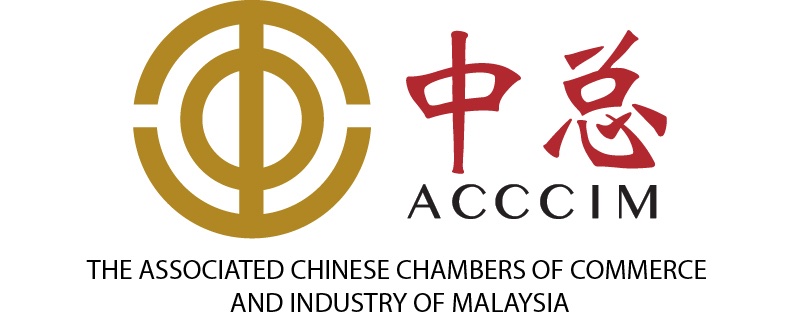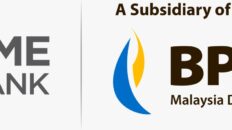The agreement marks a significant milestone in enhancing bilateral trade relations, offering greater certainty for Malaysian industries, exporters, and importers, and facilitating smoother trade flows between the two nations.
The RTA is a comprehensive framework encompassing market access, sectoral concessions, economic and security alignment, and digital regulatory cooperation. While the general tariff level remains at 19%, the Malaysian Government successfully negotiated zero tariffs on 1,711 tariff lines—valued at US$5.2 billion—representing 12% of Malaysia’s exports of these products. Key beneficiaries include rubber-based products, cocoa products, pharmaceuticals, and palm oil.
Importantly, the US administration has also agreed to consider Malaysia’s semiconductor exports under Section 232 of the US Trade Expansion Act, a move that could support Malaysia’s position within global technology supply chains.
ACCCIM President Datuk Ng Yih Pyng noted that these zero-rated tariffs would significantly improve Malaysia’s market access to the United States. However, he also emphasized the need to address both opportunities and challenges arising from the agreement.
“While the RTA opens doors for Malaysian exporters and lowers input costs for industries through preferential access to US goods such as chemicals, machinery parts, electrical equipment, medical devices, and software, it will also increase competition for domestic SMEs,” said Datuk Ng. “Consumers, however, will benefit from lower prices on imported goods including fruits, food products, and dairy.”
The Chamber also expressed reservations about several provisions within the RTA, particularly those under:
- Article 3.3: Digital Trade Agreements
- Article 5.1: Complementary Actions
- Article 5.2: Export Controls, Sanctions, Investment Security, and Related Matters
While ACCCIM supports efforts to deepen Malaysia–US economic relations, it underscores that such agreements must remain balanced, mutually beneficial, and safeguard Malaysia’s trade sovereignty and regulatory autonomy.
The Chamber calls for greater clarity on several aspects, including the easing of stringent and costly US regulatory requirements and ensuring that Malaysia’s commitments in market liberalisation and regulatory alignment are reciprocated with tangible concessions from the US side.
“We trust that the Government will continue to review these provisions to ensure Malaysia’s interests are fully protected before the Agreement takes effect,” Datuk Ng added.









